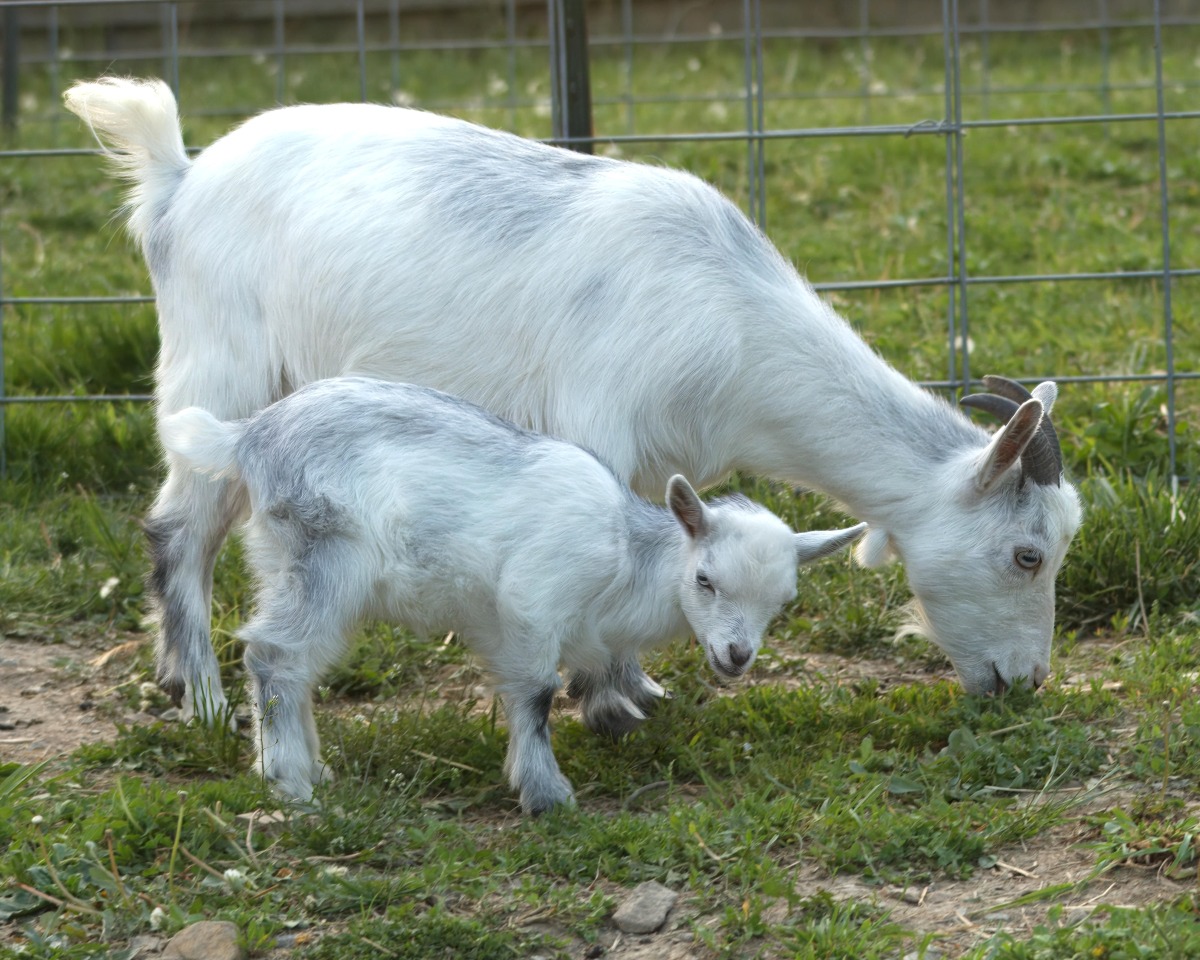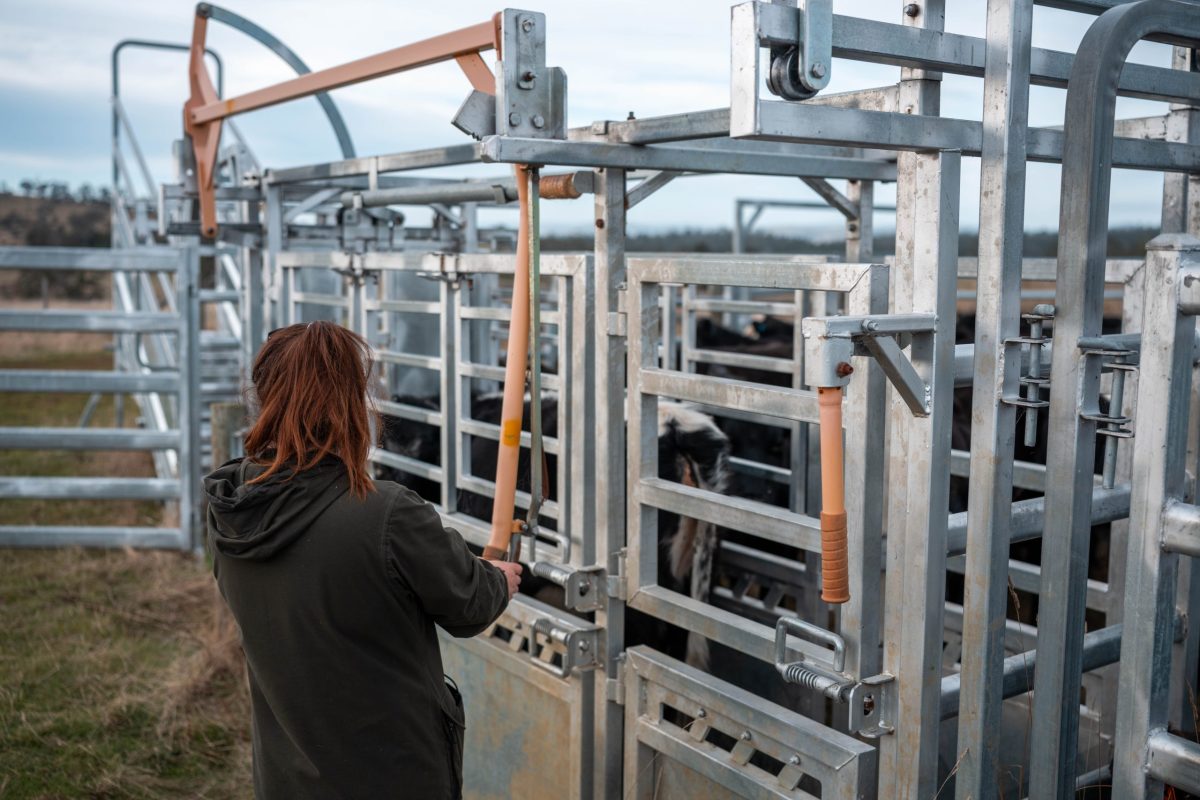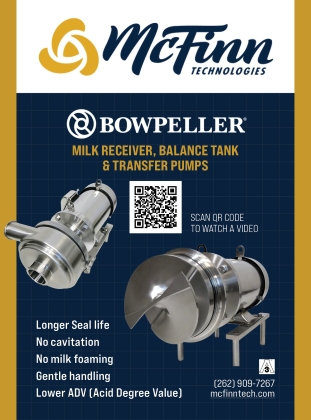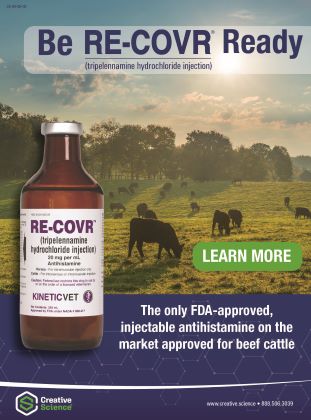Articles

Finalists Announced for 2025 NATDA Industry Excellence Awards
Finalists Announced for 2025 NATDA Industry Excellence Awards Recipients will be selected by popular vote from the NATDA membership and revealed at the Trailer Tech Expo in Reno for their outstanding contributions to the trailer industry. The North American Trailer Dealers Association (NATDA) and Trailer Tech Expo Powered by NATDA™ today announced the finalists for […]
READ MORE
Vaccinations for Dairy Cattle
Vaccinations for Dairy Cattle Dairy cattle are generally on a different vaccination schedule than beef cattle, mainly because most dairies calve year-round, rather than a defined calving season. Most vaccinations are based around when a cow will calve, and this may be any time of year—and newborn calves receive their first vaccines when they are […]
READ MORE
Care of Does Before Kidding
Care of Does Before Kidding Proper monitoring and care of goats during parturition, or kidding is important for the overall health of goat herd. Adult dairy goats are generally less commonly affected than young stock by parasitism or respiratory disease, but they are more prone to metabolic and chronic diseases. Most goat dairies use seasonal […]
READ MORE
Mobile Cattle Chutes for Safety
Mobile Cattle Chutes for Safety, Efficiency and Low-Stress Handling Modern dairy operations depend on efficient, low-stress cattle handling to maintain health, productivity and worker safety. With the rise of larger operations on multiple sites, mobile cattle chutes and portable handling systems are increasingly becoming commonplace. These mobile units are designed to support safe animal movement […]
READ MORE


